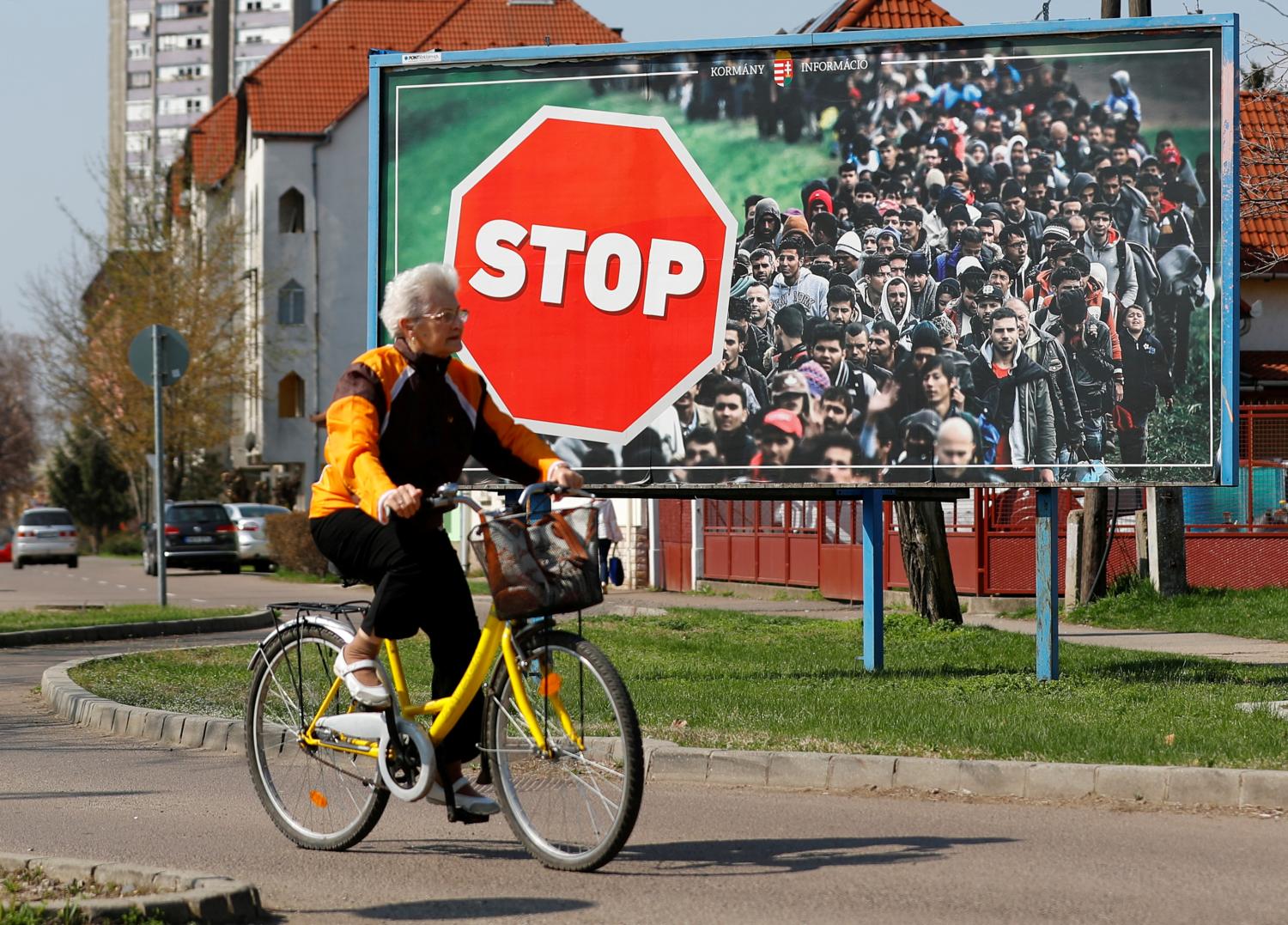This chapter comes from “Beyond Neoliberalism: Insights from emerging markets,” a report exploring the ongoing debate over the future of capitalism and policy choices across a range of domains.
Economic policies do not exist in a vacuum. Political processes shape which policies get enacted and how they are implemented, as well as who pays for and who benefits from them. And economic policies and outcomes, in turn, shape politics and political outcomes. The two cannot be easily separated.
Yet neoliberal economic policy advisers often downplayed or ignored politics. Beyond vague appeals for “good governance,” neoliberalism’s focus on “best practices” that could apply uniformly to all countries dismissed how political contexts shape and constrain economic policymaking. Today, however, there is an increasing awareness that economic policy is inherently political, and that development interventions need to take politics and political processes seriously.
This brief chapter assesses some of the broader political questions that will shape the future of emerging markets. It begins by placing the rise of neoliberalism in historical political context, then discusses the complex and contested relationship between neoliberalism and democracy, and identifies some of the key issues that will drive politics after neoliberalism. It closes by considering whether either of two potential alternatives to liberal democracy—authoritarian capitalism and neo-nationalism—will be lasting rival political models.

This work is licensed under a Creative Commons Attribution 4.0 International (CC BY 4.0)







